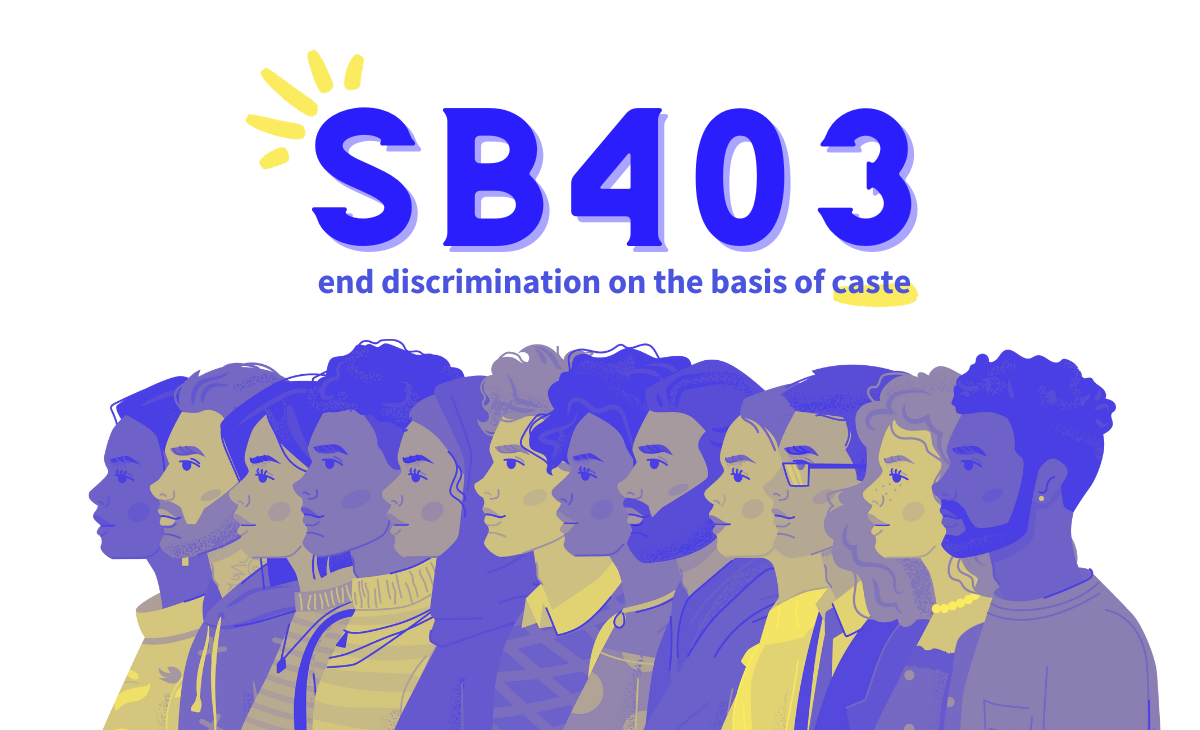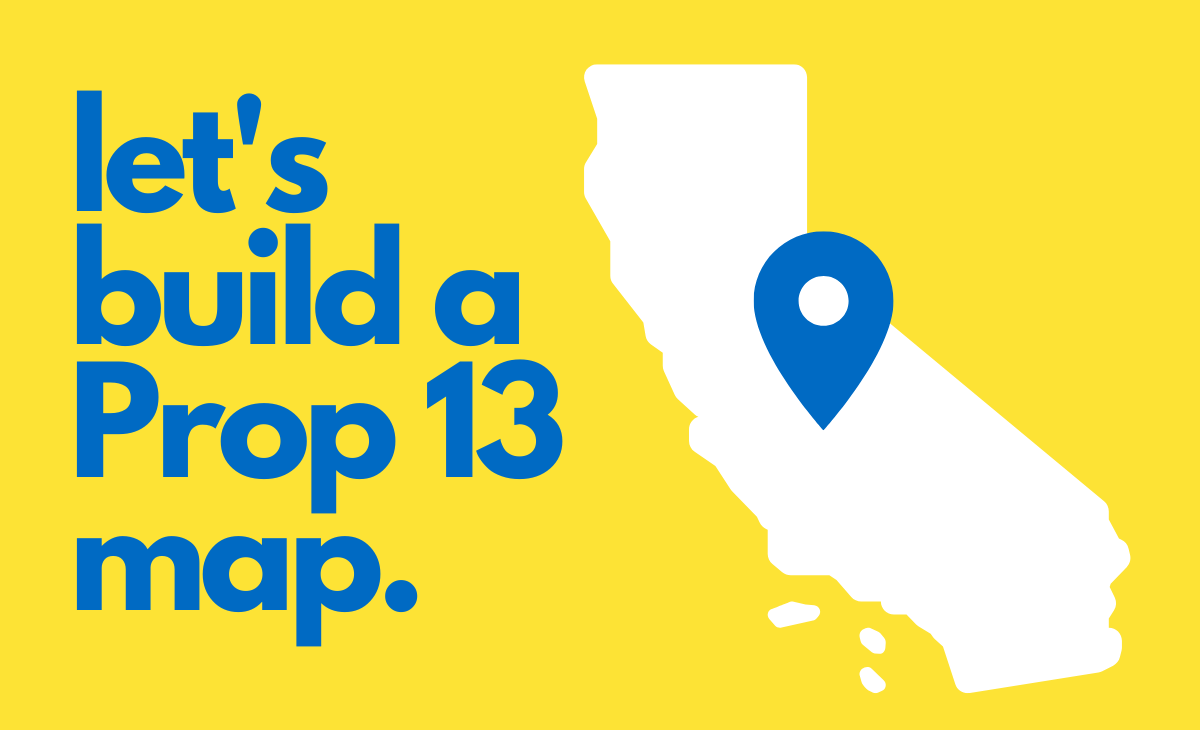How Does a Bill Become Law in California?
Have you ever thought to yourself “um, could the legislative process BE any more confusing?” Well you’re not alone—so much of the legislative process and the bills that the state legislature is trying to pass can feel completely inaccessible. However, understanding what’s happening statewide couldn’t be more important for passing housing and labor policy to improve the lives of millions of Californians. So, we’ve prepared a quick 101 for you to understand how a bill becomes a law (without the cute Schoolhouse Rock jingle)—and how to follow the bills you care about.
Here’s how the California legislative process works
Here’s how a bill becomes law:
- A legislator or group of legislators drafts a bill, sometimes with input from an advocacy organization like TechEquity.
- The bill goes to committee; a small subset of state Senate or Assemblymembers decide whether to advance it to a vote.
- Floor action: the bill gets amendments and a vote in one chamber.
- Repeat steps 2 and 3 for the other chamber.
- If necessary, the original chamber revotes with amendments.
- If the governor signs, the bill becomes law!
How do I follow the bills I care about?
To be honest, right now it’s really hard to track the bills you’re interested in. As of now, the legislative info site lists over 2,700 bills in progress for the 2021-2022 session. Many are complex and obscure, and most won’t become law—typically the press covers only a few extremely high-profile pieces of legislation over the course of a session.
For example, have you heard of AB 602? In September, Governor Newsom signed this important bill, which reduced fees and cut red tape around affordable housing construction. Many grassroots organizations worked hard to help get this bill over the finish line, but most Californians have never heard of it. Without a clear look into the legislative process, it’s hard to know our legal rights and what new laws are impacting our lives.
We need better, tech-driven solutions to ensure that all Californians can get a better understanding of our legislative cycle and learn about the most important pieces of legislation that influence our homes, jobs, and communities.
What are we doing about it?
We’re working on a solution to make the legislative process more transparent and accessible, but we need YOUR help to make it a reality!
We’re looking for civic tech volunteers to help people track key bills and enable organizations to share their bill’s journey with their constituents. This open-source package of tools will streamline the process of sifting through upcoming legislation, tracking where bills are in the process, and sharing this information with constituents.
We are designing this toolkit to be open and free, and we’ll share it with value-aligned organizations across the movement space. If you’ve got design, scripting, or web development skills and you’re looking for a volunteer project with lots of impact, this is the opportunity for you! Sign up here to join our bill tracker team.





